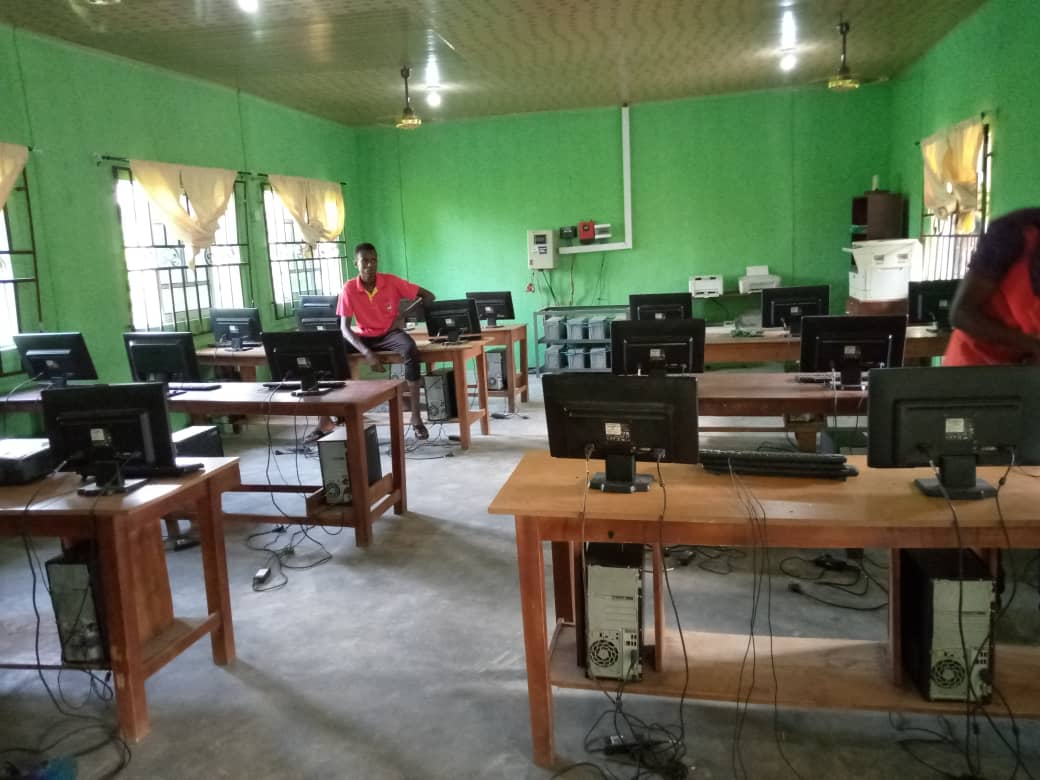As we step into 2025, the landscape of opportunities continues to evolve, offering new avenues for personal and professional growth. Whether you’re just starting out or looking to enhance your existing skills, here are some strategies to make the most of your abilities by starting small.
1. Identify Your Core Skills
Begin by taking stock of your core skills. These are the abilities you excel at and enjoy using. Reflect on your past experiences, feedback from others, and personal interests to pinpoint these skills. This self-awareness will serve as the foundation for your growth.
2. Set Clear, Achievable Goals
Setting clear, achievable goals is crucial. Break down your long-term aspirations into smaller, manageable steps. For example, if you aim to become proficient in a new programming language, start with daily or weekly learning targets. This approach makes the process less overwhelming and more attainable.
3. Leverage Online Learning Platforms
The internet is a treasure trove of resources. Platforms like Coursera, Udemy, and LinkedIn Learning offer courses on a wide range of topics. Start with free or low-cost courses to build your knowledge base. As you progress, consider investing in more advanced courses or certifications.
4. Practice Consistently
Consistency is key to skill development. Dedicate a specific time each day or week to practice your skills. Whether it’s coding, writing, or public speaking, regular practice helps reinforce learning and build confidence.
5. Seek Feedback and Mentorship
Feedback is invaluable for growth. Share your work with peers, mentors, or online communities to gain constructive criticism. Mentorship can also provide guidance and support, helping you navigate challenges and stay motivated.
6. Network and Collaborate
Networking opens doors to new opportunities and collaborations. Attend industry events, join professional groups, and participate in online forums. Collaborating with others can expose you to different perspectives and enhance your skill set.
7. Embrace a Growth Mindset
Adopting a growth mindset means viewing challenges as opportunities to learn rather than obstacles. Embrace failures as part of the learning process and stay open to new experiences. This mindset fosters resilience and continuous improvement.
8. Utilize Technology and Tools
Leverage technology to streamline your learning and productivity. Use apps and tools designed for skill development, such as language learning apps, project management software, and productivity trackers. These tools can help you stay organized and focused.
9. Document Your Progress
Keep track of your progress by maintaining a journal or portfolio. Documenting your achievements, challenges, and learnings can provide motivation and a sense of accomplishment. It also serves as a valuable resource for future reference.
10. Stay Updated and Adapt
The world is constantly changing, and staying updated with industry trends is essential. Follow relevant blogs, podcasts, and news sources to keep abreast of new developments. Be willing to adapt and pivot your strategies as needed.
Conclusion
Starting small doesn’t mean thinking small. By taking incremental steps and leveraging available resources, you can make significant strides in developing your skills. Remember, the journey of skill development is ongoing, and every small effort contributes to your overall growth. Embrace the process, stay committed, and watch your skills flourish in 2025 and beyond.







Leave a Reply